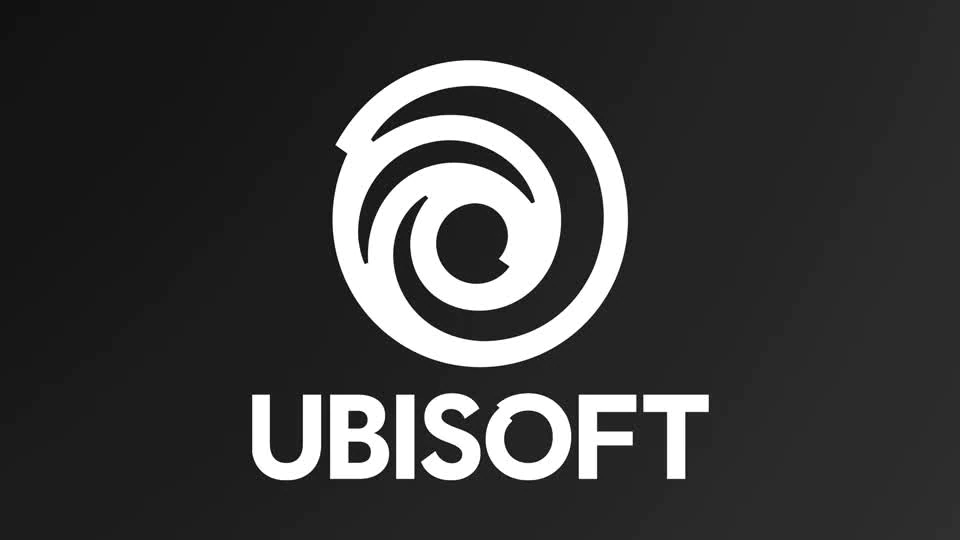Via GameRant (Brett Byll): Ubisoft has once again announced layoffs, this time impacting its Global Publishing and Asia-Pacific teams. This follows multiple rounds of cuts in 2023, highlighting a worrying pattern within the industry. While Ubisoft continues to release titles, these job losses raise concerns about the studio’s long-term health and the well-being of those caught in the crossfire.
What’s Behind the Cuts?
Like many significant publishers, Ubisoft is pivoting heavily towards live service games. The hoped-for profits of titles like Skull and Bones are meant to support ongoing development for years to come.
However, the lukewarm reception to these releases suggests that this model isn’t delivering the expected returns. Combined with broader economic uncertainty, this seems to be driving these cost-cutting measures.
The Human Cost
Each round of layoffs represents more than just numbers on a spreadsheet. Talented developers, artists, and support staff are suddenly unemployed in an industry without guaranteed stability. While Ubisoft claims to assist those affected, the damage to morale and the feeling that hard work can be erased at any moment are more challenging to quantify.
What Does This Mean for Ubisoft Games?
Ubisoft insists that these layoffs won’t impact their announced release schedule. However, it raises questions about the creative risks they might be willing to take. Smaller teams are often forced to play it safe, and it remains to be seen if beloved franchises like Assassin’s Creed will maintain their scope and ambition under these circumstances.
In my opinion, Ubisoft has fallen into a troubling pattern of relying on overly familiar game design across many titles. The core gameplay loop of Far Cry, with its relentless outpost clearing and map marker overload, has been repeated with minimal variation for years. Similarly, while visually impressive, Assassin’s Creed often feels like checking items off a list rather than embarking on a unique adventure. This copy-paste approach sacrifices innovation and makes each new release feel less unique.
While franchises like Assassin’s Creed get churned out regularly, beloved properties languish. Splinter Cell, a pioneer of stealth action, hasn’t had an accurate mainline entry in over a decade. Fans of tactical gameplay feel ignored, as do those longing for the unique settings and stories that titles like Beyond Good and Evil or Prince of Persia could offer. Ubisoft possesses a treasure trove of IP, but their singular focus on a handful of open-world formulas leaves these gems gathering dust.
It’s fair to ask whether Ubisoft has the will or ability to break away from these established patterns. Their success is increasingly tied to microtransaction-heavy live-service games, which incentivise safe, familiar designs over bold, creative risks. Until Ubisoft demonstrates a willingness to invest in smaller-scale, more experimental projects or revitalise their stagnant franchises in meaningful ways, this trend of “Ubisoft formula” releases will continue.
The Wider Industry Problem
Unfortunately, Ubisoft’s woes are part of a disturbing trend. The gaming industry is built on the passion of its workers, yet job security feels increasingly fleeting. While there will always be studios that rise and fall, the sheer scale of recent layoffs suggests a systemic issue in the way significant publishers do business.
Where Do We Go From Here?
As gamers, supporting studios committed to ethical practices and prioritising their staff’s well-being is essential. Holding those who choose profit over people accountable is a priority. The future of gaming depends not just on the success of its products but on the treatment of those making them.





